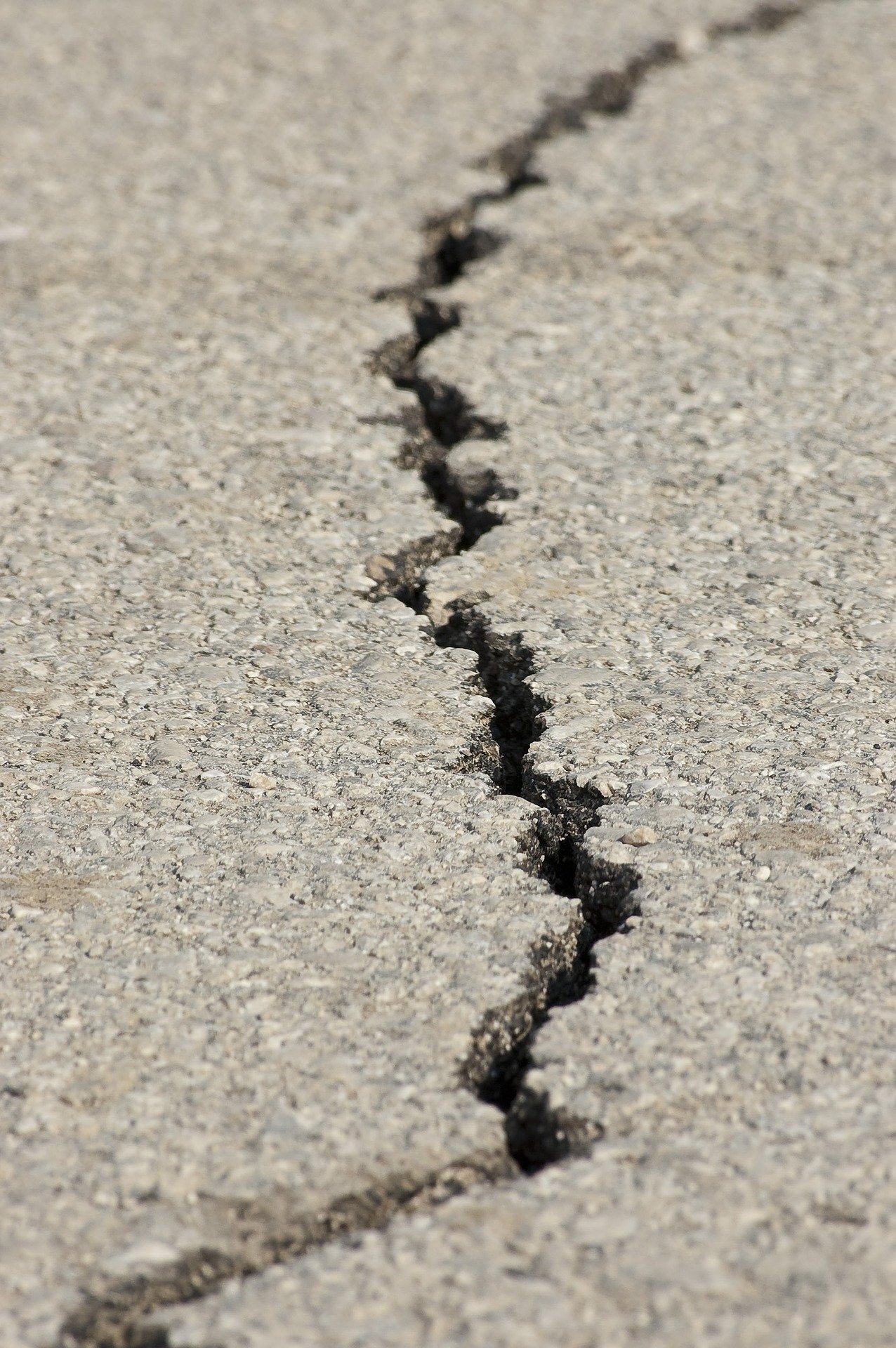

Using questionnaires created to determine whether a particular earthquake is natural or induced by human activity, a panel of experts concluded that the November 2022 magnitude 5.2 Peace River earthquake sequence in Alberta, Canada was likely induced.
The case study published in Seismological Research Letters was a serendipitous test of two recent questionnaire-based frameworks established to distinguish natural and induced earthquakes, the latter of which are mostly caused by hydraulic fracturing or injected water disposal wells associated with oil and gas recovery.
The Peace River sequence, which began in November 2022, was originally called a natural earthquake event by the Alberta Energy Regulator. But four months later, a new study came to the opposite conclusion. The 10-person expert panel described in Seismological Research Letters completed their work before the release of the study suggesting the Peace River sequence was induced.
The first reports indicated that the earthquakes were too deep to be induced and were not close to any hydraulic fracturing operations, which typically cause induced earthquakes in the region. However, later research found that the Peace River mainshock was shallower than previously determined, and that there was a disposal well less than a kilometer away.
“There was so much controversy on the day of the event on whether it was natural or induced,” said Rebecca Salvage of the Geological Survey of Canada (previously the University of Calgary), especially because the 30 November 2022 magnitude 5.2 mainshock was one of the largest seismic events recorded in Alberta.
“If it’s natural, that affects our seismic hazard models for Alberta, which then affects things like building codes and regulations,” Salvage explained. “If it’s induced, it’s still the largest event we think we’ve seen in Alberta, and that has implications for industry regulations.”
If the Peace River sequence was the result of the nearby disposal wells, where injections had taken place for decades without seismic incident, that could also affect how researchers think about the timing of induced events, Salvage added.
“It could have ramifications for other long-term storage technologies such as carbon capture, utilization and storage solutions or enhanced geothermal energy,” she said.
To test the two questionnaire frameworks, Salvage and her colleagues gathered ten researchers—from emeritus professor to Ph.D. student—with a range of expertise in natural intraplate seismicity, injection-induced seismicity, and computational geophysics outside of the Alberta geographical region.
To answer the two framework questionnaires, the panel received data on the temporal and spatial evolution of the event’s seismicity detected using public sensors, publicly available monthly fluid injection information from industry, and information on past regional seismicity. The questionnaires are roughly similar but differ in how they measure uncertainty and present results.
The experts agreed that the Peace River sequence was likely induced, but the study results suggest that the data to definitively distinguish induced from natural earthquakes were not always conclusive or available for the experts.
Ideally, these questionnaires would be distributed as soon as possible after an earthquake sequence and provide more timely data on fluid injection, Salvage said, but she and her team were only able to collect public data three months after the November 2022 earthquake.
“We could have done expert panels sooner, but there is so little public information out there, and the time lag [for injection data] is several months,” she explained. In Alberta, industry operators are required to report monthly injection data, although Salvage said they likely do collect information over shorter time intervals.
The lag could have contributed to the expert panel’s uncertainty, she noted. “There’s a lot of uncertainty in the data, so you can’t make a fully informed decision if your data aren’t complete:”
Salvage and her colleagues noted a few issues with administering the questionnaires. For instance, terms such as “regional” and “near to” —which are important in defining an earthquake’s relationship to industry activity—were interpreted by the experts in different ways.
Salvage said the authors behind the two frameworks deliberately left the language in them “generic, so they could be applied to as many scenarios as possible, and that’s great, but maybe when it comes to administering these surveys in the future, there needs to be a checklist up at the front about what needs to be defined.”
The study also found that questions related to earthquake focal mechanisms were not useful in distinguishing the likely origin of earthquakes, but that aftershock characteristics might be helpful, although more research is needed to test such aftershock criteria.
More information:
Rebecca O. Salvage et al, Induced or Natural? Toward Rapid Expert Assessment, with Application to the Mw 5.2 Peace River Earthquake Sequence, Seismological Research Letters (2023). DOI: 10.1785/0220230289
Provided by
Seismological Society of America
Citation:
Was the Peace River earthquake induced or natural? New study tests frameworks to answer the question (2023, December 14)
retrieved 14 December 2023
from https://phys.org/news/2023-12-peace-river-earthquake-natural-frameworks.html
This document is subject to copyright. Apart from any fair dealing for the purpose of private study or research, no
part may be reproduced without the written permission. The content is provided for information purposes only.





